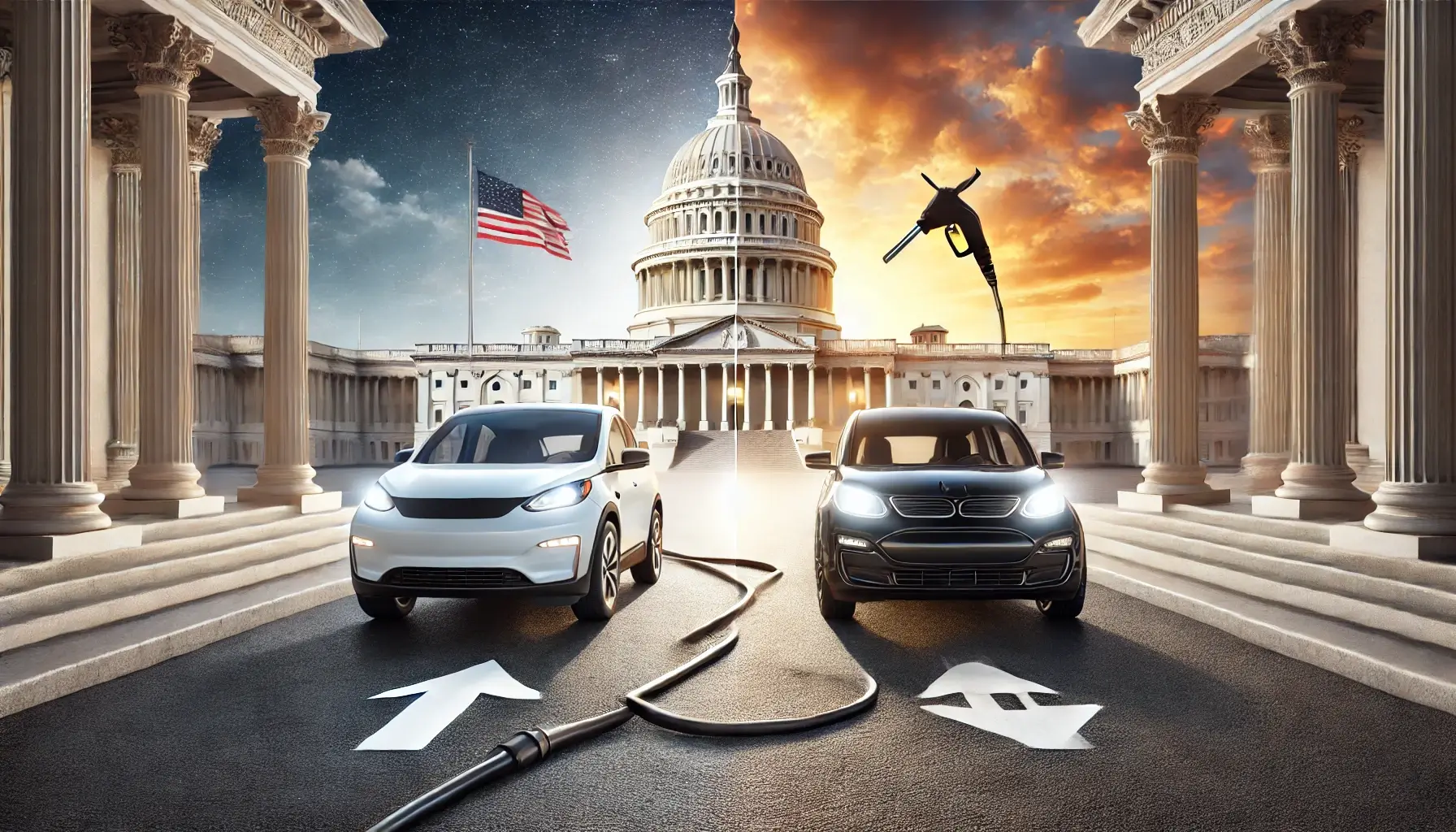Washington, D.C. – On his first day back in office, President Donald Trump signed an executive order to repeal key policies supporting electric vehicles (EVs), including federal EV mandates and subsidies. The move reverses significant measures from the Biden administration that aimed to promote EV adoption and reduce carbon emissions. Trump described the decision as an effort to protect American energy independence and prioritize consumer choice.
The executive order halts federal requirements for automakers to produce a certain percentage of electric vehicles and ends subsidies that incentivized EV purchases. According to The Verge, Trump emphasized that the policies placed an undue financial burden on American taxpayers while limiting the availability of gasoline-powered vehicles that many Americans prefer.
This policy shift is expected to have a significant impact on the EV industry. Automakers had relied heavily on subsidies and regulatory incentives to transition their fleets toward electric vehicles. As noted by Bloomberg, several major automakers, including Ford and General Motors, have already invested billions in EV production and infrastructure. Industry insiders warn that the sudden rollback of federal support could disrupt ongoing projects and deter future investments.
The executive order also repeals emissions regulations tied to EV adoption. The Biden administration had introduced stricter standards to combat climate change, requiring automakers to meet aggressive carbon reduction targets. Critics of Trump’s move argue that it undermines progress toward reducing greenhouse gas emissions. However, supporters of the rollback, as highlighted by The Telegraph, see it as a win for free-market principles, allowing consumers to choose vehicles without government interference.
While EV proponents have raised concerns about the potential environmental consequences, Trump defended his decision by highlighting the costs associated with EV mandates. “We are freeing Americans from unnecessary regulations and returning control of the market to consumers and manufacturers,” Trump said during the signing of the order.
The response from environmental advocacy groups has been swift, with organizations such as the Sierra Club denouncing the order. According to Bloomberg, advocates argue that the move not only threatens climate progress but also places the U.S. at a disadvantage in the global EV race, as countries like China and members of the European Union continue to expand their electric vehicle sectors.
Despite the controversy, the rollback is consistent with Trump’s broader energy agenda, which prioritizes fossil fuels and deregulation. Industry analysts predict that the decision will have far-reaching implications, potentially slowing the adoption of electric vehicles in the U.S. while creating uncertainty for automakers navigating a rapidly evolving global market.







